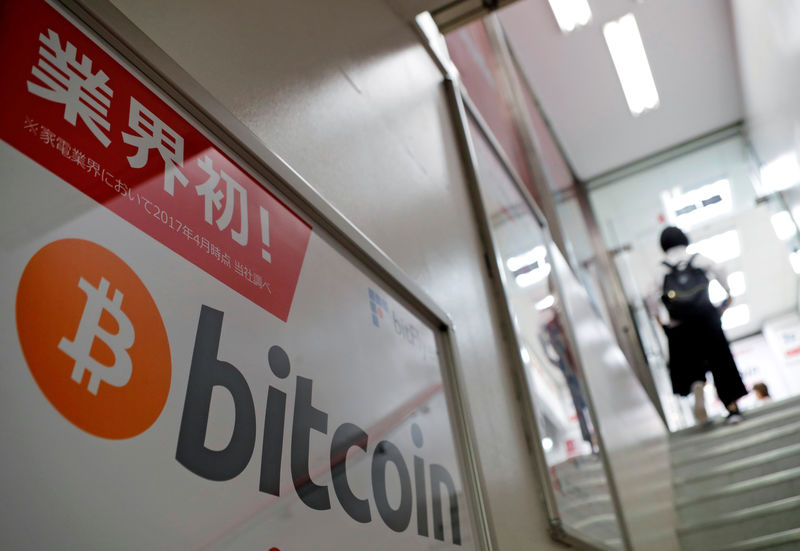The total scam revenue in 2022 currently stands at $1.6 billion, 65% less than it was through the end of July 2021, as a result of falling exchange rates for various cryptocurrencies, a new report has revealed.
Scams declined in line with the fall in Bitcoin's (CRYPTO: BTC) price
According to blockchain data firm Chainalysis, revenue from scams has largely dropped in line with price of BTC from January 2022.
It is not just scam revenue that is declining - thus far in 2022, the total number of individual transfers to scams has been at its lowest level in the previous four years.
These figures suggest that fewer people are becoming victims of crypto fraud.
Chainalysis’ cybercrimes research lead Eric Jardine states that one explanation for this could be the fall in asset prices as fraud schemes, which usually entice victims with substantial returns, seem less alluring to people.
Another reason, according to Jardine, could be that there is a lesser number of inexperienced people in the market now, compared to the number of newcomers when prices were increasing that led people to fall for such schemes amid the hype and the promise of quick gains.
Illicit activity increasing in hacking and stolen funds Crypto thefts until July 2022 were $1.9 billion, compared to just under $1.2 billion at the time in 2021 as a result of hacks of services.
With a $190 million attack on the cross-chain bridge Nomad and a $5 million hack of numerous Solana wallets already having occurred in the first week of August, the trend does not appear to be changing anytime soon, Jardine states.
This is largely due to the startling increase in funds being stolen from DeFi protocols, a trend that started in 2021.
Bad actors from N Korea swindled substantial funds
Furthermore, North Korean-affiliated criminals, particularly top-tier hacking groups like Lazarus Group, are responsible for a large portion of the value taken from DeFi protocols.
According to the firm’s calculations, entities connected to North Korea have stolen $1 billion or so worth of cryptocurrencies from DeFi protocols so far in 2022.
Consumers need to be educated
Jardine notes that thefts should not be expected to drop based on cryptocurrency market movements the way scamming does — as long as crypto assets held in DeFi protocol pools and other services have value and are vulnerable, bad actors will try to steal them.
“The only way to stop them is for the industry to shore up security and educate consumers on how to find safe projects to invest in. Law enforcement, meanwhile, must continue developing their ability to seize stolen cryptocurrency to the point that hacks are no longer worthwhile,” he adds.
Photo: Courtesy of Richard Patterson on flickr
© 2022 Benzinga.com. Benzinga does not provide investment advice. All rights reserved.
